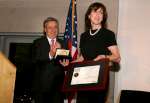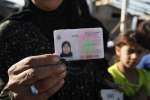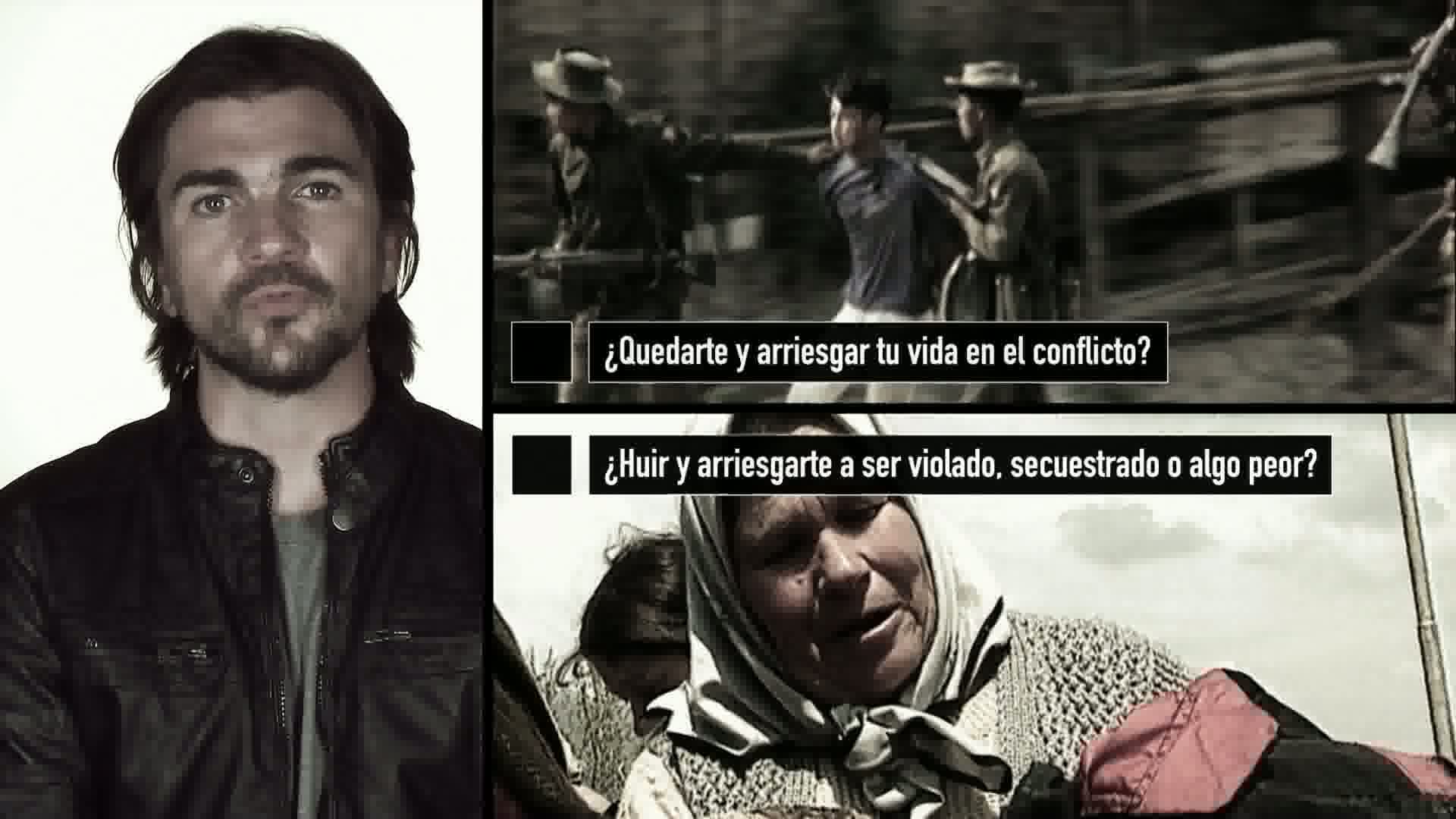- Text size
 |
|  |
|  |
| 
- Français
Refugees urge Argentine Congress to implement draft refugee law
News Stories, 22 September 2006

BUENOS AIRES, Argentina, September 22 (UNHCR) – Refugees in Argentina have asked Congress to move ahead with a draft refugee law approved last year by the upper chamber and now under study by the lower house.
A petition, signed by refugees and human rights organisations, was handed to a top upper house member on Wednesday. It emphasised the importance of a refugee law for Argentina, and its particular timeliness this year – exactly 45 years after the country's adhesion to the UN Refugee Convention.
A group of refugees originating from Latin American, African and Asian countries, accompanied by representatives of human rights organisations and UNHCR, gave the petition to Patricia Vaca Narvaja, the vice-president of the Chamber of Deputies.
The draft law has been approved by four commissions of the lower chamber and is being analysed by the fifth and last commission before moving on to the plenary. If the law is not passed this year, it will lose parliamentary status in 2007.
The draft legislation provides for the full exercise by refugees of their rights in many areas, including education and employment. It incorporates some of the recent good practices by the national refugee committee and has special provisions for victims of violence, especially women and unaccompanied minors.
Most crucially, it foresees a larger government role in assistance and integration-related activities, which are currently handled almost exclusively by the UN refugee agency and its non-governmental partners.
"We are at the end of the road which this draft law has travelled and shall do everything to ensure that this concludes as we would like it to. We shall work responsibly towards that end," Narvaja told the group. "We know first hand the anxieties experienced by today's refugees," she added, recalling that her family had been forced to flee in the 1970s when the country was under military rule.
But the refugees and the institutions which work on their behalf are optimistic about final passage of the law. During the meeting with Narvaja, a Peruvian refugee told her, "We know the moment is right and trust we shall have a law by the end of the year. It would be a big consolation for all of us who have shed many tears before arriving in Argentina."
UNHCR was also upbeat. "Argentina has shown the potential to become a regional leader on refugee protection. The adoption of a refugee law would be a necessary and welcome step in the same direction," UNHCR representative in Argentina, Flor Rojas, said after the meeting.
Argentina hosts more than 3,000 refugees from some 60 countries. It has been making steady progress in its handling of refugee issues over the past few years, including an expanded refugee committee, more efficient procedures and the initiation of a resettlement programme last year.
By Nazli Zaki in Buenos Aires, Argentina




























